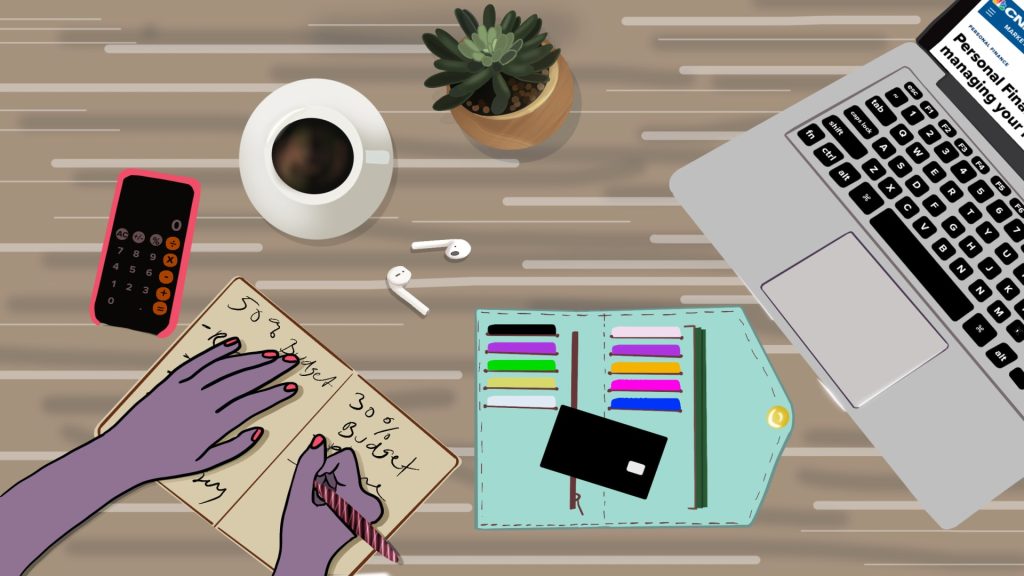Do you want to increase your savings and decrease your spending? Then personal finance is what you need. Personal finance is the management of someone’s money. Understanding where your money comes from, how much it costs, how to manage it effectively, and what to do with it – will help you make better decisions and put your finances on track.
In this article, we’ll walk you through the best tips and tools like the GST calculator, Rajasthan or Mysore regardless of where you live you can use these methods to achieve financial success!
1. Buy the appropriate life insurance
Life insurance is a valuable tool in helping you manage your finances, but it doesn’t work on its own. It’s important to understand how the policy works and what risks you’re taking when you purchase it.
2. Start saving and make sure your savings are equal to investments
You need to save at least 10% of your income each year, otherwise, it will be difficult to build up a nest egg large enough for retirement. The best way to do this is to start by saving as soon as possible — ideally, by setting aside money every month into an investment account (see below). Once that savings goal is met, make sure that you continue saving at least 10% of your income each year until retirement age so that you have enough money when it’s time for your retirement income stream to kick in.
3. Make sure your credit score is high enough
A high credit score means that lenders will be more likely to offer you loans or credit cards with low-interest rates and other perks — like cash back rewards — which could potentially save you a lot of money long term. For example, if you apply for a loan or other type of credit card against a bad credit score, then pay off the balance in full each month using instalments
4. Take care of Expensive Debt
Paying off your debt is the single most important step you can take to become financially free. While it’s tempting to pay off your debts as fast as possible, getting out of halifax debt too quickly can be a problem because you may end up overspending.
Instead, stick with the debt repayment plan and make sure that you are living within your means as much as possible to avoid over-extending yourself or running into financial problems down the road.
5. Don’t shy from seeking help from expert
You don’t have to be an expert or finance wizard in order to efficiently manage your finances. You can always seek professional help. Whether it’s a friend, family member or professional advisor, they will help you manage your finances in a better way.
6. Keep a record
A good way of managing personal finance is keeping track of all your transactions and receipts for tax purposes. You should also keep up-to-date records of all your expenses so that you can do accurate calculations and reports at the end of the year.
7. Start using Technology
Taking care of business is easier when you have technology tools at hand ready to use whenever needed. For example, you can use apps like Paypal to send money from one account to another without having to go through bank transfer fees each time (unless you are sending money overseas). There are many other ways in which technology helps us manage our bank accounts and personal finances more efficiently than we could ever do by ourselves. For instance, you can use an accurate gratuity calculator to ensure the numbers in your salary slip are accurate.


